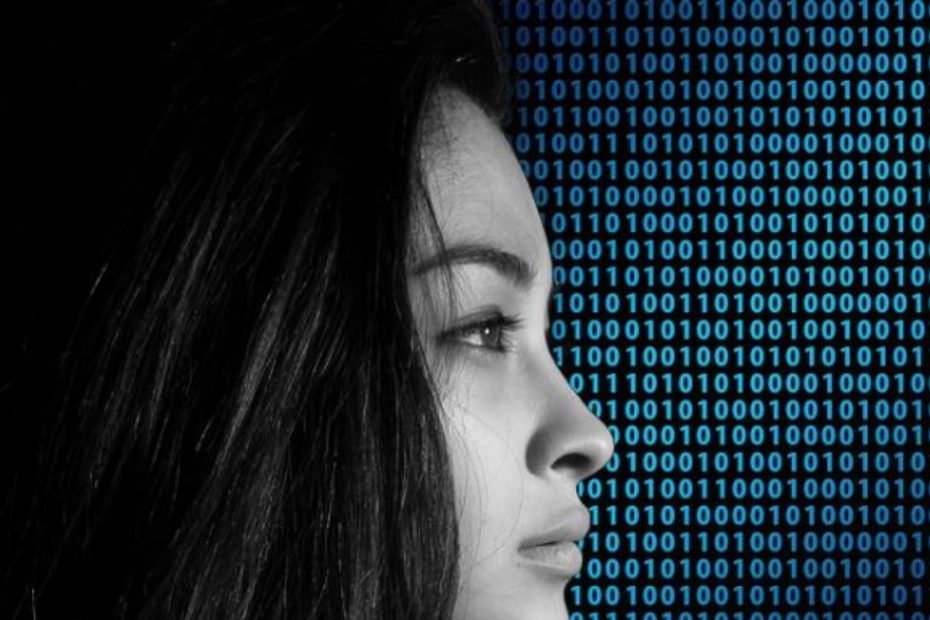To put it basically, a
- Hide your ‘online fingerprint’ from corporations, hackers, and the government.
- Encrypt your most important data at its most vulnerable time.
- Protect all of your online passwords.
- Make your personal data impossible to steal via typical hacking methods.
And those are just the privacy features of a
The beginning of online privacy with VPNs
The first VPNs, short for Virtual Private Network, were developed by corporations looking to secure their remote workers. Corporate espionage has been around for decades. Doing it via electronic means can be untraceable against those who don’t have the knowledge to protect themselves.
Corporations began to develop the first VPNs in the most cost-effective way possible: By using the pre-existing phone network. This is why VPNs are ‘virtual’ private networks, rather than actual private networks. The privacy comes from a layer of encryption that is transmitted over the public network creating ‘virtual’ privacy. Picture this encryption as a tunnel through which information travels. The encryption is what creates the privacy in a ‘virtual’ sense.
An ‘actual’ private network would be created by laying your own phone lines or cables and not connecting to any public structures. If your remote workers are further than the office next door you can see why this would not be cost effective, and why virtual private networks were created and thrived.
VPNs go from corporations to private citizens
During the first years of VPNs, only corporations could afford the technology. A huge growth in the demand for privacy online, especially with the recent spate of hacking incidents, has opened the road for private companies to start growing networks for private citizens.
There is, however, a difference between the original corporate VPNs and those now available to private citizens. Instead of connecting a remote worker to the home corporate server securely, it connects anyone to the
Typically, you connect to the Internet via your own router to your local ISP server and to the world. There is no encryption and no privacy when you do this. After you choose a
As an added privacy bonus, when you connect to the
If you’re connected to a
I am not in the US, nor have I been there in years! But I’m using a
- Hiding my IP address.
- Taking on the IP address of a server in the USA.
- Encrypting all of my Internet traffic as it comes and goes from my computer.
Giving me the kind of privacy on the Internet that we all should have as a basic right!
Be sure to choose the right
Our IPVanish review, however, highlights their complete lack of any data tracking or logging. This ensures your online privacy as no one has any information sitting around for someone to steal. Neither will they report you when you get a DMCA notice, or if law enforcement issues a subpoena.
Why use a VPN for privacy on the Internet?
Using a
I mentioned hackers in that last paragraph. Those who use VPNs aren’t only people looking to hide from law enforcement. If you think the NSA spying on you is your only privacy concern online, you’re way out of touch. There are new hacks being reported every day, and they’re not being done by government agencies. Just regular people, sitting at their computer, who have a little bit more knowledge about computers and networks than you.
 Ordinary people have plenty of reasons to want to encrypt their traffic and hide their IP address:
Ordinary people have plenty of reasons to want to encrypt their traffic and hide their IP address:
- When communicating with your lawyer. A messy divorce will get much messier if your private communications are intercepted.
- Medical records are the business of yourself and your doctor.
- Anyone doing research in the context of online journalism.
- Those who want to hide what they’re doing from ad networks.
- To protect the theft of any of your personal data at any time that you are transmitting it.
- Public WiFi networks are rife with hacking issues. A
VPN will protect you every time you connect from the local coffee shop, airport lounge, or restaurant. - Corporate employees who are working remotely can still use them to access corporate servers, or conduct encrypted communications. Skype calls, emails, PDF sharing, work plans: Think of all the things you share online with your job. Now think of them all being hacked over the WiFi network by someone who’s curious, or in an act of corporate espionage.
As you can see, there are plenty of reasons why a law abiding citizen would want to use a

